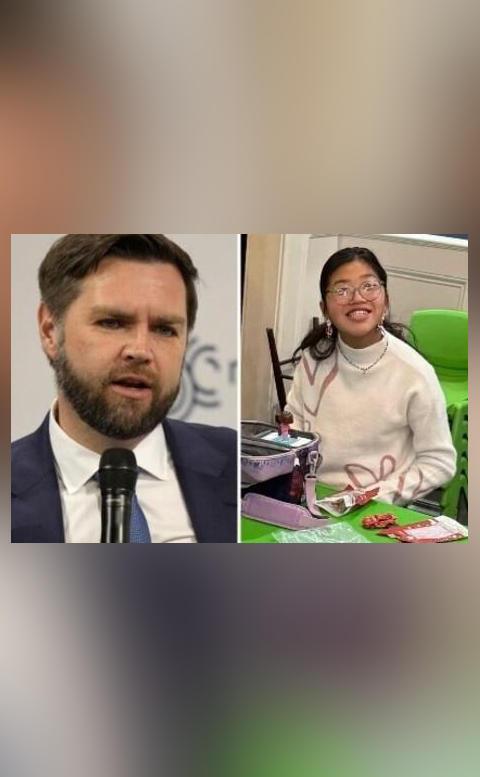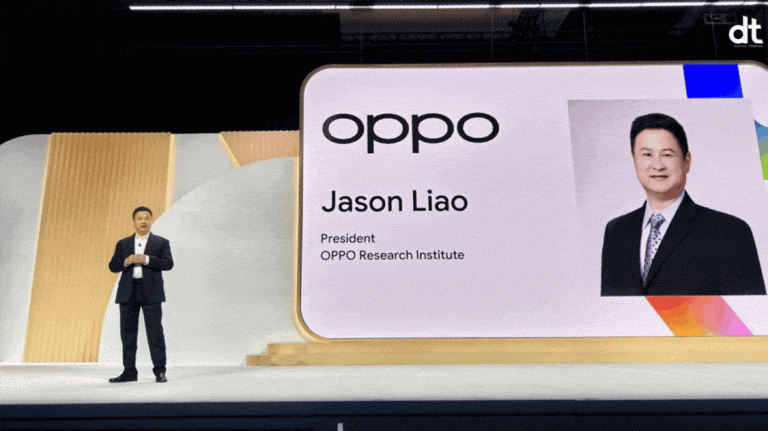
US VP Vance Intervenes After Relative Denied Heart Transplant
In a remarkable turn of events, US Vice-President JD Vance has stepped in to help his 12-year-old relative, Adaline Deal, who was recently denied a heart transplant by Cincinnati Children’s Hospital due to her unvaccinated status against COVID-19 and flu. The heart-wrenching decision has sparked a heated debate about vaccination mandates and the moral obligations of healthcare providers.
Adaline Deal, who suffers from a congenital heart condition, was in dire need of a heart transplant to save her life. However, the hospital’s policy of not allowing unvaccinated patients to undergo transplants meant that her chance at survival was put on hold. This led to Vance, who considers Deal a distant relative but someone he cares about, to take matters into his own hands.
“We’re trying to help as much as possible,” Vance said in an interview. “She’s a distant relative, but someone I care about. I think it’s our responsibility as a society to help those in need, and that includes children like Adaline who are facing life-threatening conditions.”
Vance’s intervention has sparked a mixed reaction, with some people praising his efforts to save the young girl’s life while others have criticized his decision to get involved in a medical matter that is outside his purview.
While it is understandable that Vance wants to help his relative, many have argued that his involvement is a clear conflict of interest. As the second-highest ranking official in the country, Vance’s actions could be seen as using his position to influence the decision-making process of a private healthcare institution.
Moreover, some have questioned whether Vance’s intervention is a precedent for politicians to interfere in medical decisions, potentially putting the health and well-being of others at risk. As a public figure, Vance’s actions have far-reaching implications and could have unintended consequences.
On the other hand, Vance’s supporters argue that his intervention is a compassionate and necessary step to ensure that Adaline receives the medical attention she needs. After all, as a society, we have a moral obligation to help those in need, especially when it comes to children who are vulnerable and unable to defend themselves.
The debate surrounding Vance’s intervention highlights the complexities of vaccination mandates and the role of healthcare providers in making life-or-death decisions. While vaccination is widely recognized as a crucial tool in preventing the spread of diseases, some argue that it is unfair to deny patients medical treatment based solely on their vaccination status.
In this case, Adaline’s unvaccinated status is a result of her congenital heart condition, which prevents her from receiving certain vaccinations. This presents a difficult situation for healthcare providers, who must balance the risks and benefits of each patient’s treatment while also adhering to hospital policies and protocols.
The controversy surrounding Vance’s intervention also raises questions about the role of politics in medicine. As a politician, Vance’s actions are necessarily influenced by his political beliefs and affiliations. However, his decision to intervene in a medical matter has sparked concerns about the potential for political interference in healthcare decisions.
In light of this controversy, it is essential that we take a step back and re-examine our priorities as a society. While vaccination is a critical component of public health, we must also recognize the importance of compassion and empathy in our response to the needs of others.
As Vance himself said, “We’re trying to help as much as possible. She’s a distant relative, but someone I care about.” His words highlight the importance of human connection and the need for us to come together to support those in need, regardless of their vaccination status or any other factor.
In conclusion, the controversy surrounding Vance’s intervention in Adaline’s case serves as a reminder of the complexities and challenges that we face as a society. While it is essential that we prioritize vaccination and public health, we must also recognize the importance of compassion, empathy, and human connection in our response to the needs of others.
As we move forward, it is crucial that we strike a balance between these competing priorities and work towards a more just and equitable society for all.






